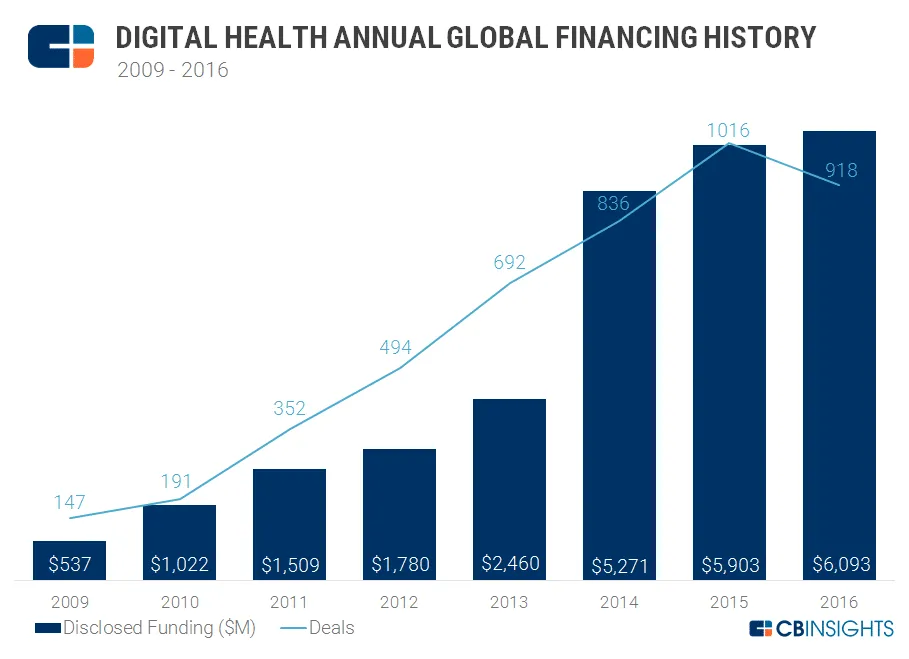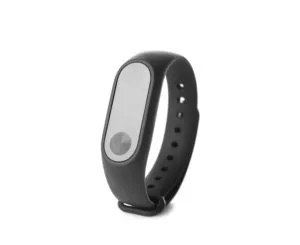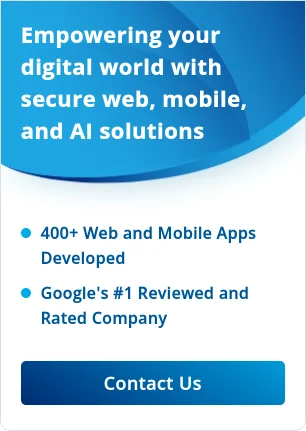
Digital healthcare is currently having a seismic effect in the tech world with new innovations blazing the market. 2016 was a huge year for the field. It saw Startup Health launching its Moonshot Movement, with a 25-year mission to improve global well being. According to their report, the year saw record-breaking funding in digital health, with over $8 billion being invested in over 500 digital healthcare companies, with 4 deals seeing over $ 400 million. CB Insights reveals equity funding to have reached nearly $6.1 billion, with a 3.2% increase from 2015.

Additionally, BCC Research’s recent study suggests that the market for healthcare-focused on mobile apps, wearable devices, and other related technologies will experience a 55% compound annual growth rate (CAGR) from now to 2018. These staggering figures are a mere confirmation that today, we are not just experiencing a boom in digital healthcare, but living a revolution.
CHALLENGES FOR A STARTUP LAUNCHING INTO DIGITAL HEALTHCARE

But in spite of these large investments, it’s a daunting challenge for a startup to plunge into digital healthcare, with the primary obstacles being: data management.
- Multiple Data Location: Healthcare data tends to reside in multiple places, in a wide range of formats. Therefore collecting it all in a centralized system, such as an enterprise data warehouse (EDW), is a non-trivial task for even well-established companies, let alone startups.
- Unstructured: Though medical data is abundant, it is highly unstructured. Even if a centralized database can be established, formatting the data in a particular structured form will remain a phenomenal challenge.
- Complex: It comes as no surprise that medical data is extremely complex. Additionally, the rapid growth of new testing methods is not helping the situation. Consequently, disambiguating the data and maintaining the database poses as yet another daunting obstacle.
- Inconsistent: Treatment of similar symptoms varies from a medical practitioner to a medical practitioner. Different clinicians may have inconsistent views for the same conditions. Therefore, categorizing and discerning the “best” treatment may be more challenging than assumed.
Moreover, with new technology developing at a blazing rate, the increase in data will be exponential. Therefore, the option of containing data inflow can be chucked right out of the window. Instead, the objective should be to develop tools that collect data in a standardized format that can be shared across multiple platforms without creating chaos.
WEARABLE HEALTHCARE DEVICES

With the surge of the Internet of Things (IoT), there is a significant growth in innovative wearable healthcare devices. These devices help monitor health and gather information about the patient to predict malady, disorder or any form of dysfunction. In spite of the technology being at baby stages, it is impacting the world staggeringly. Seeing the glaring potential, investments are pouring in making wearable devices one of the most lucrative markets. Here are some of the different types of wearable health devices:
- IntelliVue MX40
- Numera Libris
- Zephyr BioPatch HP
- BodyMedia Fit
- Zoll LifeVest
- Fitbit Charge HR
- Fitbit Alta HR
- Garmin Forerunner 235
- Microsoft Band 2
- Jawbone UP3
In the following post, we shall explore the most popular healthcare apps currently dominating the market.
THE FUTURE OF DIGITAL HEALTHCARE
Digital healthcare possesses tremendous potential, with the scope of innovation and expansion in wearable devices, mobile apps and data management techniques. Already Big Data, Machine Learning, and Artificial Intelligence are playing vital roles in data analysis and visualization, and will soon be crucial to the development of new technologies.
The future will see healthcare costs slashed, as a diagnosis will be available at fingertips, an increase in the ease and speed of communication between doctors and patients and a significant rise in the well being of societies. Digital healthcare is undergoing a revolution like never before and will soon be the biggest game-changer.









